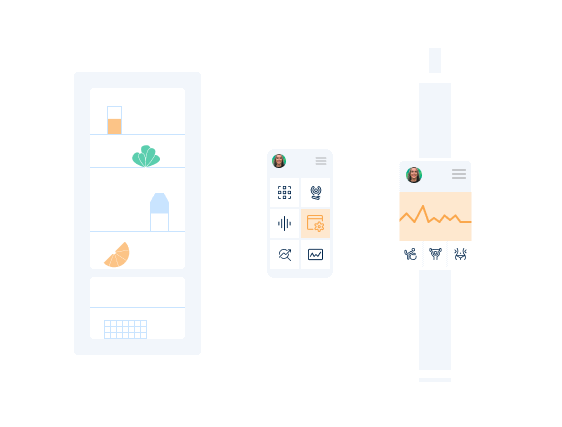Real-time chats
These are one of the most popular applications you can build with Node.js. The framework has an Event API that supports developers working in the event-driven modes. Such a functionality is of high value during the implementation of features commonly used in real-time communicators such as server-side events and push notifications. The event-driven structure of Nodej.js allows it to establish and maintain collaboration with WebSocket, crucial for a quick exchange of messages between the client and server via one open connection.

Collaboration Apps
Two of the biggest advantages of Node.js are its speed and scalability. That is why it is said to be the perfect solution for every tech idea that requires real-time responsibility. Such an app can be dedicated to co-browsing, conference organization, or even cross-teams project management. Trello, Slack, and Google Docs – the most popular office automatization tools – are great examples of such apps.

Scheduling engines
Although we often take seamless meeting scheduling for granted, in fact, this mechanism needs advanced data synchronization combined with a system of real-time notifications. And you don’t want your customers to struggle with an inefficient solution, right? Whether you want to build a booking app (e.g., for booking tables in a restaurant) or you want scheduling to be one of its many features, such an app needs to be responsive and fast. Thanks to its speed and multitasking abilities, Node.js is a common choice when building a booking engine.

Internet of Things
The Internet of Things (IoT) is anything connected to the Internet sharing data. Anything! These can be sensors, beacons, and much more as far as it’s electronic. Node.js enables the processing of multiple requests and a vast number of devices (even millions). It creates an efficient application layer that sticks the IoT devices with the databases storing the data extracted from the mentioned devices.



